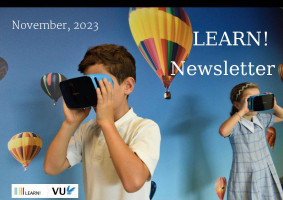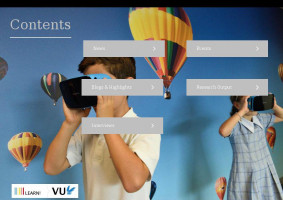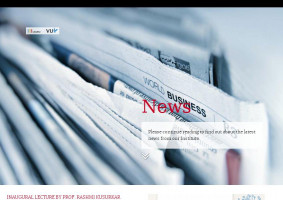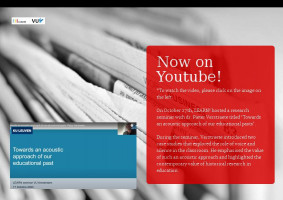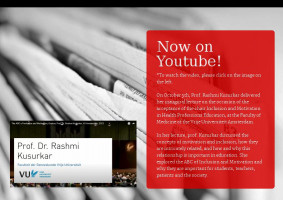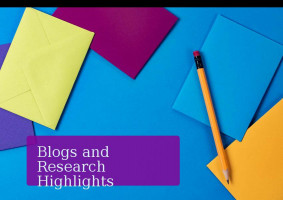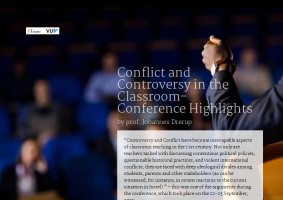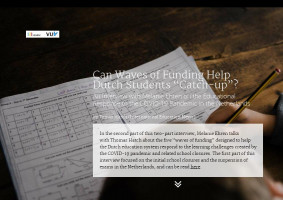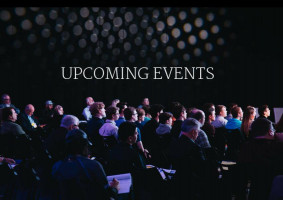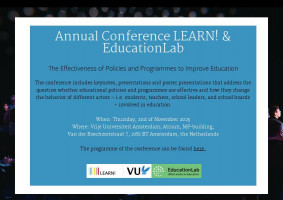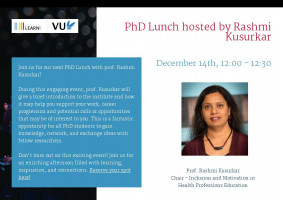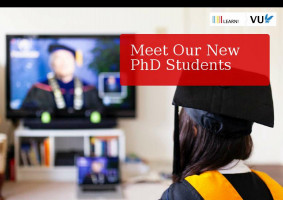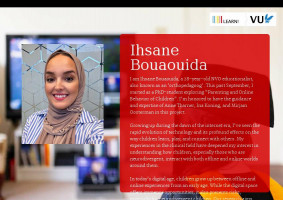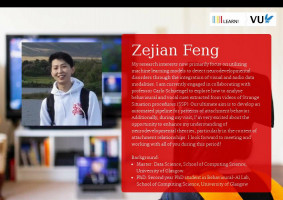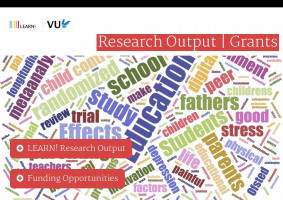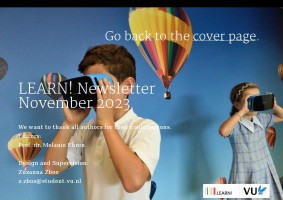"Controversy and Conflict have become inescapable aspects of classroom teaching in the 21st century. Not only are teachers tasked with discussing contentious political policies, questionable historical practices, and violent international conflicts; they are faced with deep ideological divides among students, parents and other stakeholders (as can be witnessed, for instance, in recent reactions to the current situation in Israel)." - this was one of the arguments during the conference, which took place on the 22-23 September, 2023.
You can read the highlights from the conference below.
This contentious educational atmosphere has placed immense strain on educators at almost every level of the educational system, and it has made the civic dimensions of public schooling hazardous political terrain. At the same time, teaching controversy harbours great potential for advancing civic and democratic goals in the classroom. Teaching controversy can improve students’ rational and critical thinking skills; it can increase empathy and understanding of different views; and it can provide opportunities to hone the discussion and deliberation skills that young people will need to participate in democratic processes.
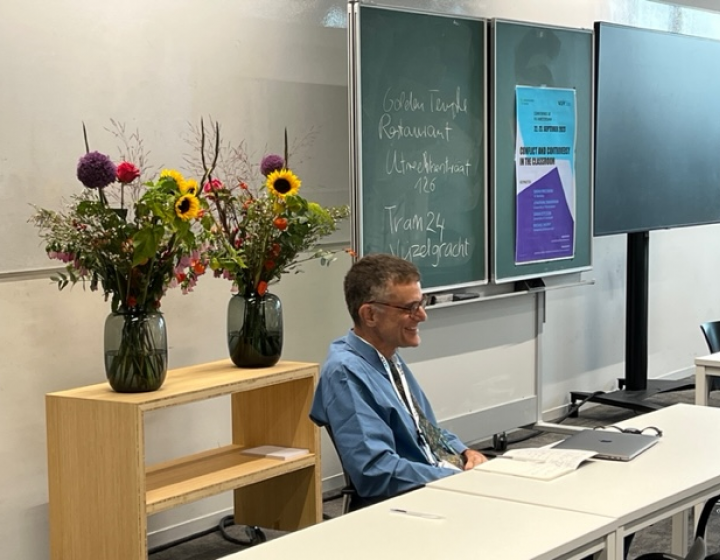
This research has widened our understanding of civic education in an important way; yet it has tended to overlook several political, ethical and practical aspects of teaching controversy that are essential for its success. In particular, the specific classroom conditions necessary for productive democratic discussion, the appropriate decision-making criteria for determining what makes an issue controversial, and the most effective teaching methods for teaching controversy need to be addressed with clarity and vision, if educational practitioners are to be prepared to face the challenges of teaching in the 21st century.
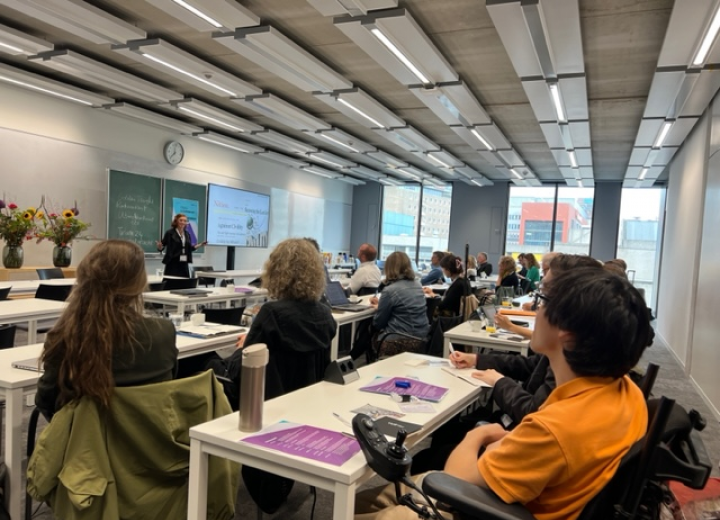
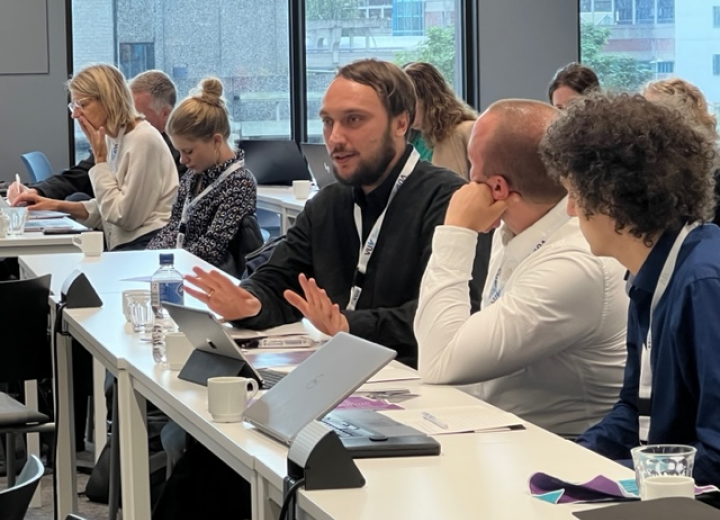
These and many other related themes have been discussed during the international conference “Conflict and Controversy in the Classroom”, which took place between the 22.09.23 and 23.03.23 at the VU. The conference was organized by Prof. Johannes Drerup in cooperation with Douglas Yacek and Dorothee Gronostay (both TU Dortmund University). The conference dealt not only with philosophical and historical questions related to teaching controversy (such as the history of the culture wars in the US, the civic role and authority of the teacher as a representative of the liberal state, racial justice and injustice, the democratic justification of teaching controversial issues, as well as the distinction between indoctrination and legitimate forms of democratic education and moral influence), but also with subject specific challenges that arise in different sociopolitical constellations (such as religious education in Germany and democratic education in India).
_w720_h520_1.png)
Moreover, a major part of the conference was devoted to empirical issues concerning the concrete practices and effects of teaching controversial issues. It was especially this diversity of disciplinary perspectives that enabled the participants to develop an expanded view of teaching controversy and a better understanding of the complex and multifaceted nature of teaching controversy in schools. In so doing the conference offered insight into the conditions that support civic learning and community-building in the classroom, and those that can undermine the project of democratic education.
